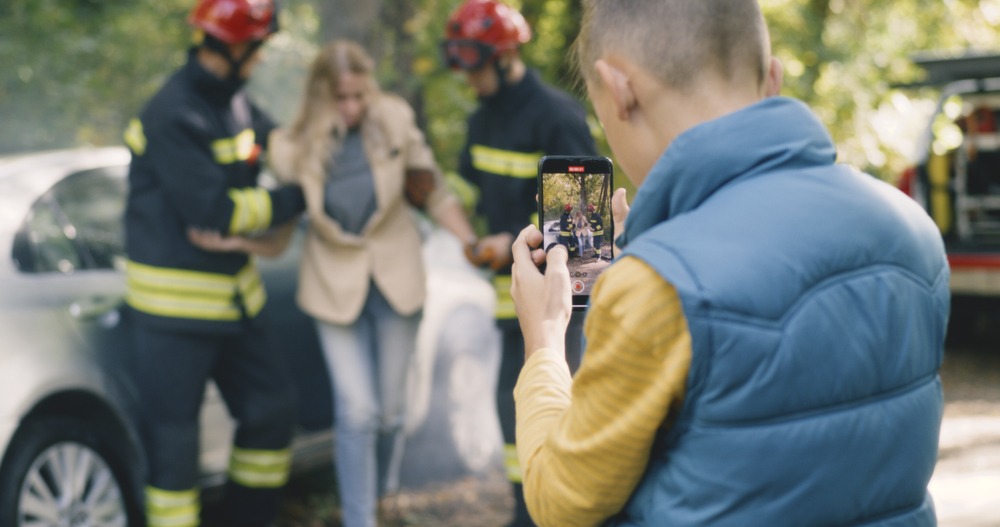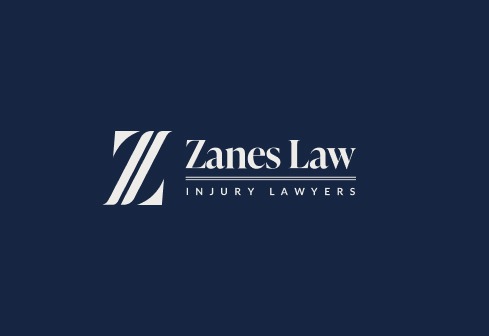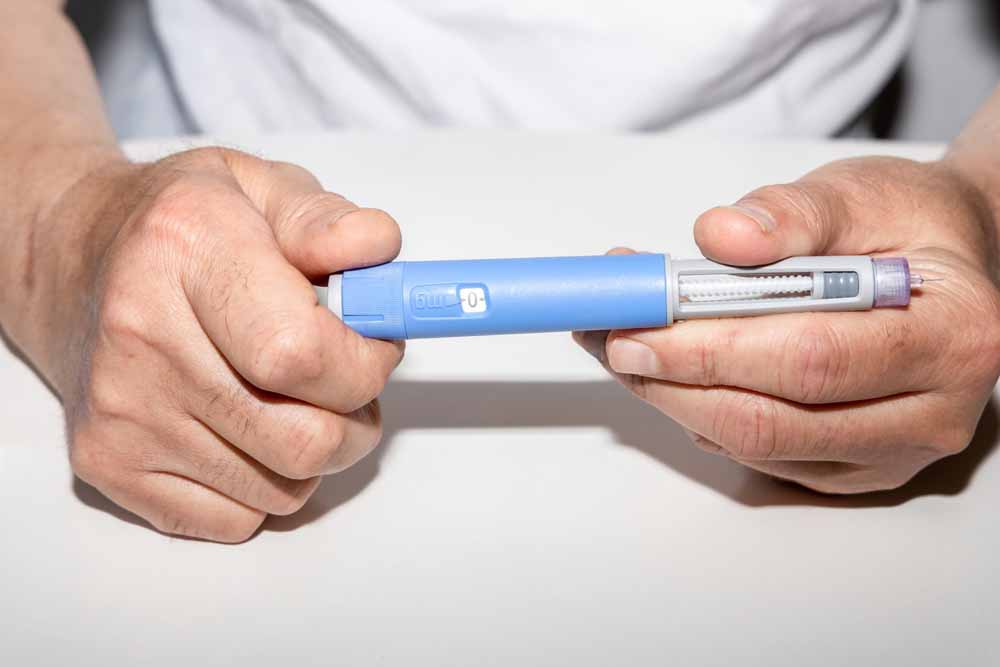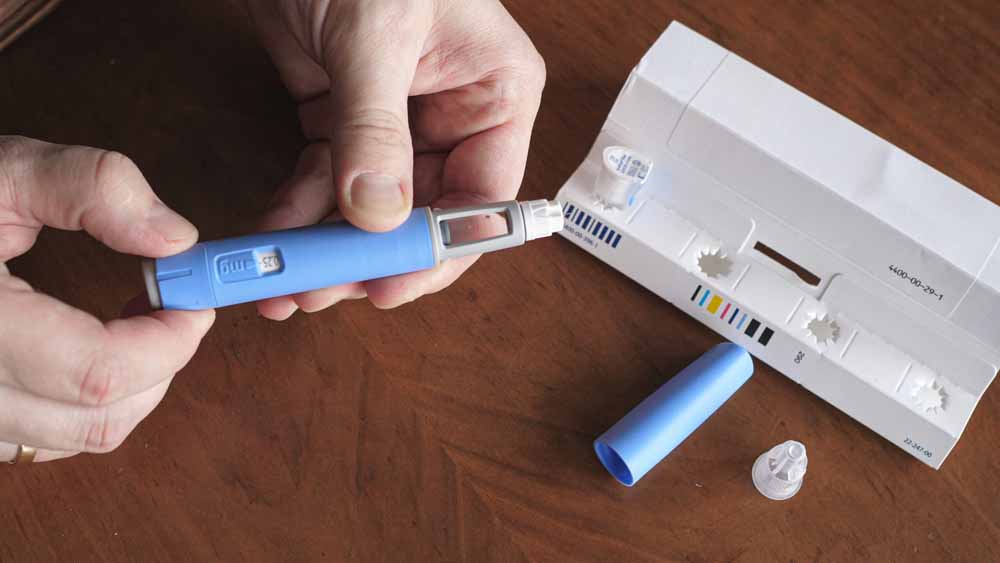Even if you have already spoken to attorneys, police, and insurance agents, if you are a witness to an automobile accident, you may still need to give a written statement. An appropriate witness statement provides facts regarding the who, what, when, and where details of the car accident, along with your legal contact information.
In the event that another party needs to file a personal injury lawsuit to obtain compensation for injuries sustained in a traffic collision, your witness statement can be a crucial piece of evidence. In this article, our personal injury law firm highlights some of the key components that go into any witness statement for an automobile accident.
What Is the Most Important Information to Write in an Official Witness Statement?
Should I Include What I Think Happened in the Crash or Just the Facts?
Am I Supposed to Include Observed Injuries and Damages in My Witness Statement?
Is There a Legal Template To Use When Writing a Witness Statement?
What Should I Avoid Saying in a Written Witness Statement?
Will My Witness Statement Really Help Someone’s Accident Claim?
What Is the Most Important Information to Write in an Official Witness Statement?
The who, what, when, and where of the car collision are full-scope questions that should be included in detail in the witness statement. In other words, it should include the names of any people hurt in the collision, information on the cars that were involved, the location of the wreck, and the time of the incident.
The value of the witness statement often increases with your ability to be thorough and to the point. For instance, if the witness can pinpoint the precise moment when she looked at her phone’s clock or the intersection where it occurred, it may be possible for an accident reconstruction expert to establish who was at fault for the crash.
Lastly, the witness’s name and contact details must be on every witness statement. This should contain your entire legal name, residential address, and contact information. You must also sign the statement before submitting it as proof to the car wreck attorney.
Should I Include What I Think Happened in the Crash or Just the Facts?
Your own account of how the accident happened should be included in the witness statement. As you confirm in writing what you saw and heard regarding the accident, this section of the witness statement could be more narrative and tell a descriptive story to those recreating the wreck.
Am I Supposed to Include Observed Injuries and Damages in My Witness Statement?
Injury and property damage details should be included in every witness statement. Information on any injuries or symptoms that you saw should be included in the report as well.
Even if you didn’t see any obvious wounds but the driver appeared wounded, that information should be in the statement. Similarly, you must be as descriptive as possible if you viewed damage to a vehicle’s front end.
Is There a Legal Template to Use When Writing a Witness Statement?
There are free legal templates designed for witness statements, but the managing attorney may have a tailored template if you request one. Here is a sample to use as a guideline when writing your personal witness statement:
- Title of the person making the claim and your full legal name:
- Address:
- Contact Number:
- Email:
- Please provide details on what you witnessed; how did the accident happen?
- What route was each car on, or in what direction were they traveling prior to the accident?
- Please describe what happened to the cars in full detail before, during, and after the accident
- Where did each vehicle end up?
- Has either car sustained any damage? Explain the damage.
- What were the road conditions and weather like?
- Where were you when the accident happened? From what angle were you looking? Were there any obstructions blocking your view?
- About how far away were you from the crash?
- Can you verify who you saw exiting the car? Did they appear to be hurt or in shock?
- What were their actions after exiting the vehicle?
- Were there multiple people involved in this wreck? Describe the condition and actions of each.
- Did you see any other witnesses stop that can verify the details of this accident?
- Has anyone who was involved discussed the incident? What were their thoughts?
- Are there any further peculiar details you might wish to add?
Remember that your details will help the investigating attorney establish fault, so be as detailed as possible and try not to embellish or speculate if the facts are unclear.
What Should I Avoid Saying in a Written Witness Statement?
A witness statement should not contain any information that was not directly observed. Because the jury deliberations decide what happens, any personal opinions on what the driver should have done or what you figured they may have seen should be omitted. Lastly, no feelings should be expressed.
By including any of these details in your witness statement, you compromise both your credibility and the driver’s ability to rely on your testimony as truth. When in doubt, verify the things to avoid documenting in a witness statement with the managing car accident lawyer.
Will My Witness Statement Really Help Someone’s Accident Claim?
Yes, a witness statement is beneficial when written correctly. A written statement captures your observations, listing crucial factors that may have contributed to the cause of the accident. It is an impartial account that is needed when parties in the accident don’t document or can’t remember the details.
Your statement provides a bird’s eye view that will help an accident lawyer prepare a strong defense and resolve a legal dispute.




